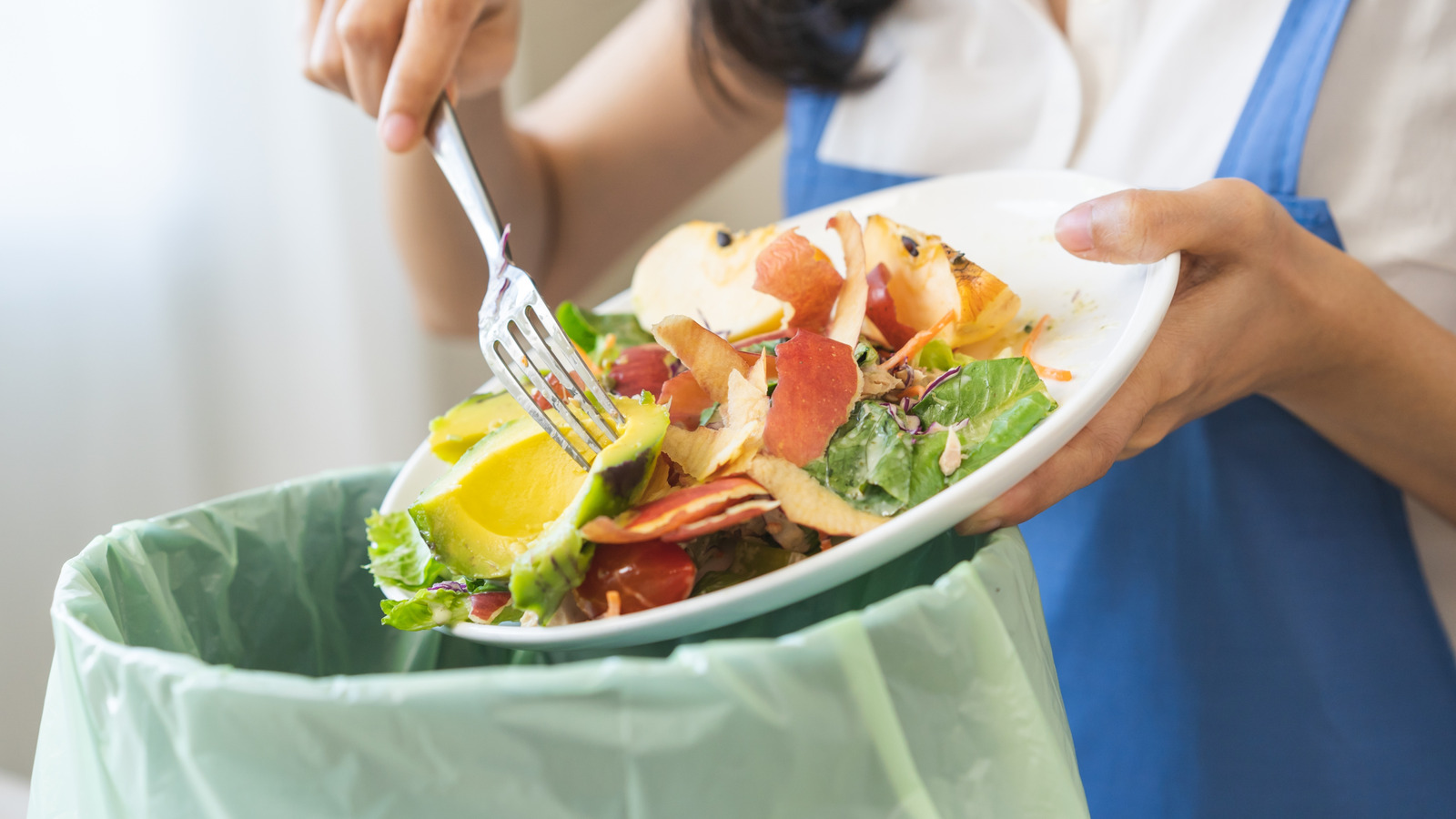
"Although grocery shoppers like to get their money's worth in store, economical habits don't always follow them home. According to the Environmental Protection Agency (EPA), by throwing away less food, a family of four could save $56 worth of food a week, or $224 a month. That totals up to almost $3,000 a year of money going straight into the trash. Throwing away leftover food that you no longer want to eat may be the most obvious form of food waste, but there are other practices that have a negative impact."
"With all these kinds of food waste, the EPA estimates that each American spends $728 on unused food each year, although tracking your spending and food waste habits or using a calculator like the Kerry Food Waste Estimator could reveal that the cost is much more. Unfortunately, food waste doesn't just have a financial impact. Uneaten food in landfills creates greenhouse gas that results in climate change, which isn't pretty considering that the water and energy spent growing that food can power over 50 million homes, according to the USDA."
"Ensuring that you eat all your leftovers is an easy way to reduce food waste in the kitchen; though it seems simple, 30-40% of food is thrown away, so doing so can make a big difference. From freezing cooked food to eat at a later date to turning it into an entirely new recipe, there are ways to make your dishes taste new while ensuring you get your money's worth."
A family of four could save about $56 per week and nearly $3,000 per year by throwing away less food, according to EPA figures. Many shoppers discard edible leftovers, peels, stems, and skins instead of repurposing them, and often fail to use perishable items like dairy, bread, and potatoes. The EPA estimates each American spends about $728 annually on unused food, and uneaten food in landfills produces greenhouse gases that contribute to climate change. The water and energy used to grow wasted food could power over 50 million homes. Practical solutions include eating leftovers, freezing cooked meals, repurposing ingredients into new recipes, and batch-cooking grains to reduce waste and increase variety.
Read at Tasting Table
Unable to calculate read time
Collection
[
|
...
]